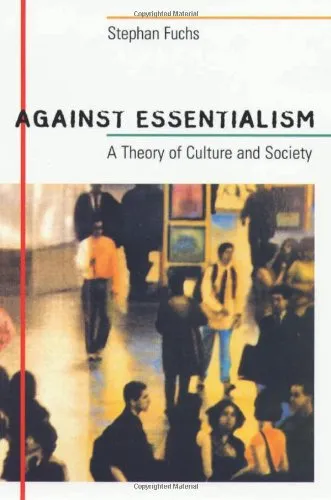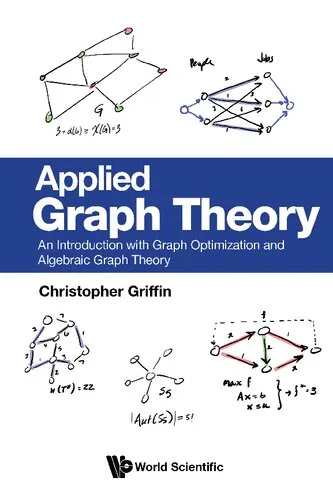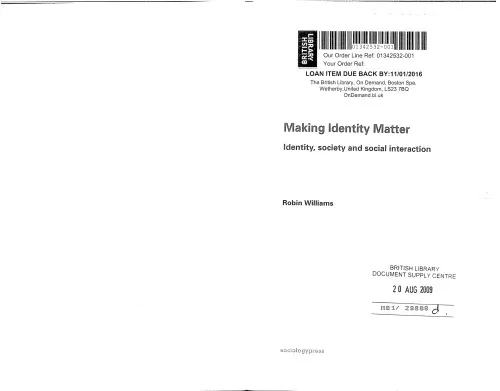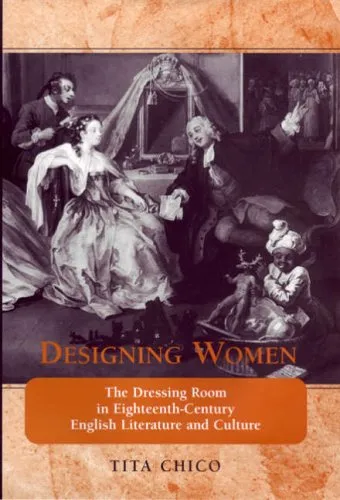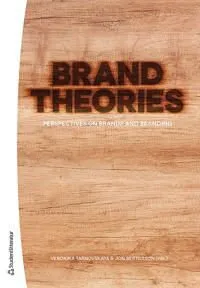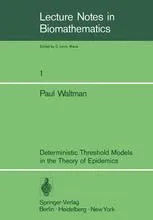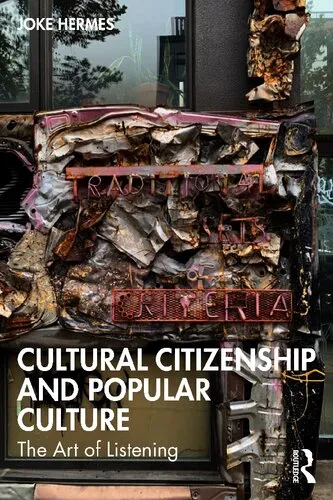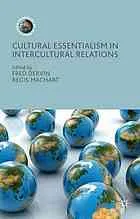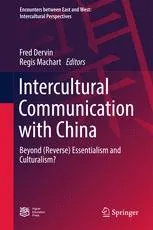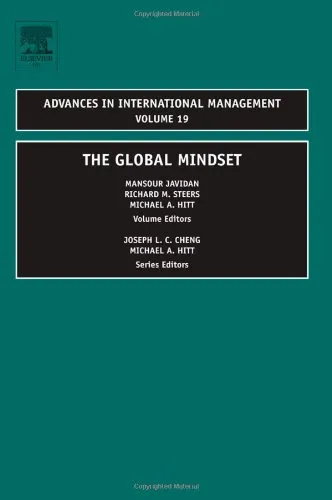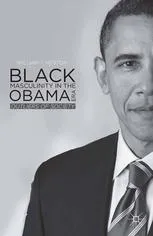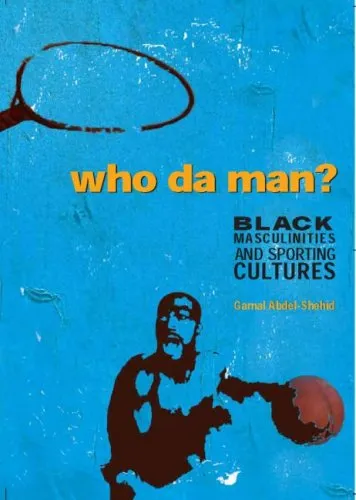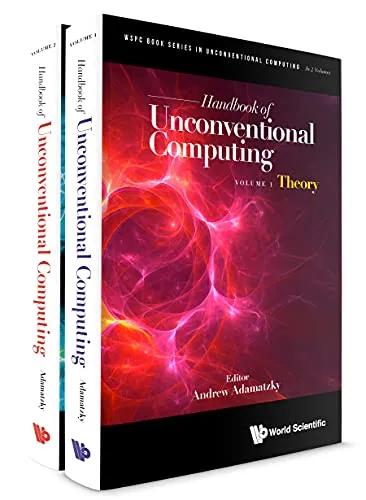Against Essentialism: A Theory of Culture and Society
4.0
Reviews from our users

You Can Ask your questions from this book's AI after Login
Each download or ask from book AI costs 2 points. To earn more free points, please visit the Points Guide Page and complete some valuable actions.Related Refrences:
Against Essentialism: A Theory of Culture and Society
In Against Essentialism, I set forth a bold and provocative critique of essentialist concepts in sociology, culture, and social theory. This book attempts to dismantle old paradigms that assume static essences in understandings of society and culture. By challenging essentialism, I advocate for a more fluid and dynamic conceptual toolkit that reflects the complexities of our modern social world. Leaning on the traditions of constructivism and relational sociology, the book explores how identities, cultures, and social categories are not given entities but rather constructed through social processes and interactions.
The modern world often operates with fixed definitions for what counts as culture, identity, or even “truth.” My critique reveals the limitations of this thinking, arguing instead for a theory based on variability, pluralism, and contingency. Essentialism, which presumes foundational truths or core characteristics, hinders our ability to grapple with the vast diversity of social phenomena. This book provides a theoretical alternative that underscores flexibility and construction, helping readers gain deeper insights into the mechanisms that create and sustain societal norms and systems.
Detailed Summary of the Book
The central thesis of Against Essentialism is that essentialist thinking is ill-suited to understand the dynamics of culture and society. By assuming that cultural categories, group identities, or social roles inherently possess fixed traits, essentialism simplifies the complexity inherent in social worlds.
The book is divided into several theoretical explorations. First, it outlines the problems caused by essentialist paradigms, especially in sociological research and cultural studies. It critiques the tendency to assign "static" and "naturalized" essences to constructs such as gender, race, ethnicity, or organizational cultures. Such practices often ignore the relational and constructed nature of these categories.
Next, the book presents relational alternatives. Inspired by constructivist traditions, I emphasize the importance of seeing identities, cultures, and systems as ongoing "social accomplishments" rather than pre-existing entities. By focusing on how these elements are actively produced in practice, scholars can better engage with the dynamic and conflictual processes that shape the social sphere.
Finally, Against Essentialism critiques the impact of essentialist perspectives on public discourse, politics, and knowledge production. Whether considering debates over national identities, organizational structures, or cultural hierarchies, essentialism sustains exclusionary boundaries and oversimplifies the fluid nature of human life. Readers are invited to adopt a more critically reflective and flexible framework for analyzing these issues.
Key Takeaways
- Essentialism defines identities, cultures, and social constructs as having fixed "essences," which can be misleading and reductive.
- Relational sociology offers a more dynamic and process-oriented view, focusing on the ongoing production of cultures and identities through interactions.
- Static definitions of society fail to address the complexities of modern life and can perpetuate harmful exclusionary practices.
- Shifting to a constructivist framework allows scholars and practitioners to analyze complexity, diversity, and change more effectively.
- The book provides critical insights that are applicable to fields ranging from sociology to political science and cultural studies.
Famous Quotes from the Book
"Essentialism is not just a theory, but a habit of thought—one that restricts our imagination and blinds us to the complexities of social life."
"There are no essences to be found in culture and society—only processes, interactions, and the dynamic relationships that constitute them."
"To understand the world, we must abandon the search for fixed truths and instead embrace the fluidity of human experience."
Why This Book Matters
In a world where divisions and rigid categorizations dominate social and political debates, Against Essentialism is a timely and necessary intervention. By challenging essentialist thinking, the book provides readers with the theoretical tools to question conventional norms and embrace more inclusive, flexible perspectives.
This book introduces readers to a constructivist framework that recognizes how identities and cultures are continuously shaped and reshaped through social interactions. It is an essential read for scholars, educators, policymakers, and anyone seeking a deeper understanding of the complexities of culture and society.
In an academic climate increasingly critiqued for its reliance on broad and oversimplified categories, Against Essentialism serves as a guide to move toward more nuanced and dynamic approaches. Above all, it reminds us of the inherent creativity and variability of human life, urging us to reconsider the labels we use and embrace a more relational way of thinking about the world.
Free Direct Download
You Can Download this book after Login
Accessing books through legal platforms and public libraries not only supports the rights of authors and publishers but also contributes to the sustainability of reading culture. Before downloading, please take a moment to consider these options.
Find this book on other platforms:
WorldCat helps you find books in libraries worldwide.
See ratings, reviews, and discussions on Goodreads.
Find and buy rare or used books on AbeBooks.
1435
بازدید4.0
امتیاز0
نظر98%
رضایتReviews:
4.0
Based on 0 users review
Questions & Answers
Ask questions about this book or help others by answering
No questions yet. Be the first to ask!
